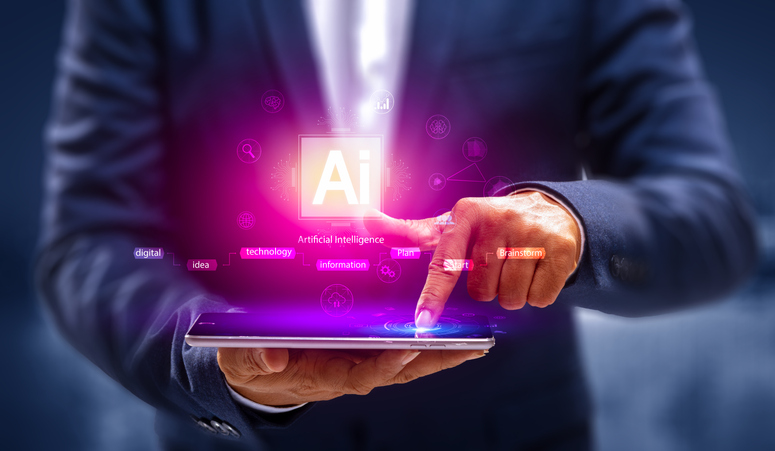New tools have always had the potential for workplace disruption, and it’s often younger generations who most emphatically embrace such new technologies. Consider, for example, the email boom that took off in the 1990s. Older generations may even remember senior colleagues challenged with the emergence of email because they hadn’t learned to type in school.
AI Revolution
Today, it’s AI that’s gaining significant traction in the office. AI is revolutionizing the workplace, particularly for younger generations such as Gen Z and Millennials. New research from TalentLMS highlights how AI is reshaping the way these cohorts work and interact with colleagues, revealing a shift towards greater reliance on technology for guidance and task management.
One striking finding is that 47% of Gen Z workers report receiving better guidance from AI than from their managers. This preference for AI over human advice signifies a fundamental change in workplace dynamics. “AI provides consistent and unbiased information, which may explain why many young professionals turn to it over human managers,” the study suggests.
Turning to Technology and Away From Managers
Additionally, the data shows that 46% of young professionals prefer to ask AI about work-related questions rather than seeking answers from colleagues or managers. This trend reflects a growing trust in AI’s ability to provide accurate and timely information.
However, this reliance on AI has implications for workplace interactions. The study reveals that 39% of Gen Z employees interact less with their colleagues because of AI. This reduction in human interaction can impact team cohesion and collaboration, posing a challenge for organizations striving to maintain a connected and engaged workforce.
Positive Impact on Workflow
On the positive side, 68% of Gen Z employees find AI helpful with their daily workflow and tasks. AI tools can streamline processes, automate routine tasks, and provide insights that enhance productivity. For Millennials and Gen Z, who have grown up in a digital-first environment, integrating AI into their work routines feels natural and beneficial.
While AI offers substantial benefits in terms of efficiency and access to information, it also presents challenges in maintaining human connections. Organizations must navigate this landscape carefully, ensuring that AI complements rather than replaces the essential human elements of the workplace. By fostering a balanced approach, businesses can harness the power of AI while promoting a collaborative and engaged work environment.
Lin Grensing-Pophal is a Contributing Editor at HR Daily Advisor.

